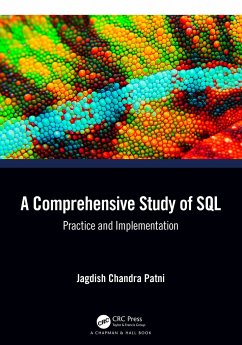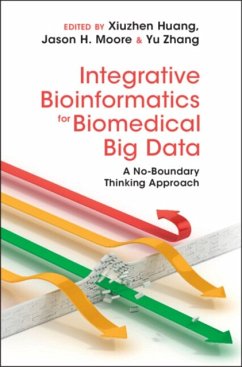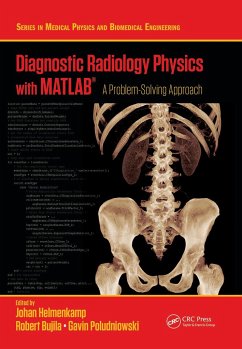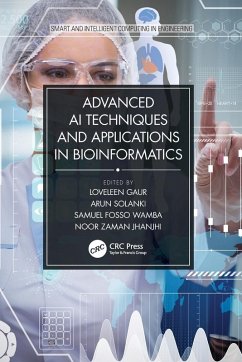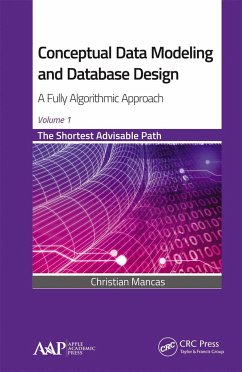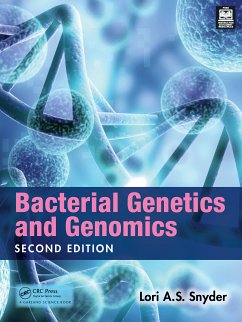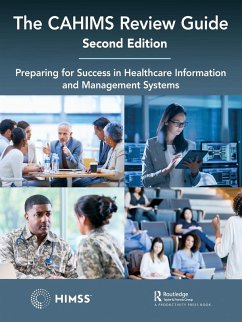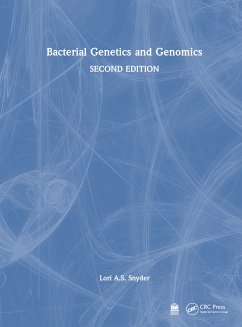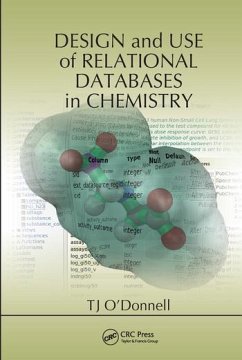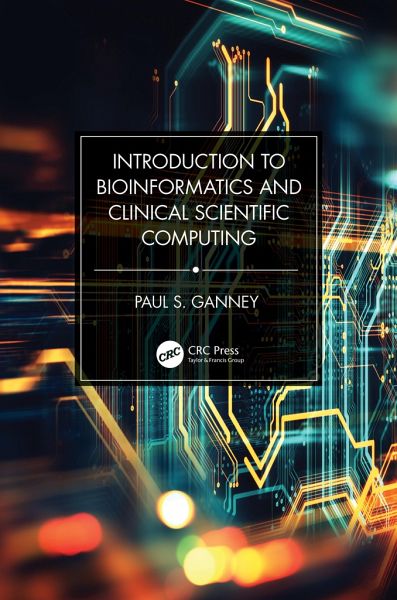
Introduction to Bioinformatics and Clinical Scientific Computing

PAYBACK Punkte
43 °P sammeln!
This textbook provides an introduction to computer science theory, informatics best practice, and the standards and legislation that apply to computing in a healthcare environment.It delivers an accessible discussion of databases (construction, interrogation and maintenance); networking (design and low-level application); programming (best practice rather than the specifics of any one language - design, maintenance, safety).It can be used to accompany the NHS Modernising Scientific Careers syllabus. It is also targeted towards those creating software rather than those using it, particularly co...
This textbook provides an introduction to computer science theory, informatics best practice, and the standards and legislation that apply to computing in a healthcare environment.
It delivers an accessible discussion of databases (construction, interrogation and maintenance); networking (design and low-level application); programming (best practice rather than the specifics of any one language - design, maintenance, safety).
It can be used to accompany the NHS Modernising Scientific Careers syllabus. It is also targeted towards those creating software rather than those using it, particularly computer scientists working in healthcare, specifically those in or close to the Physical Sciences, including radiotherapy, nuclear medicine, and equipment management and those working with genomics and health informatics.
Features
Combines all topics into one comprehensive introduction.
Explores practical applications of theory to healthcare.
Can be used to accompany the NHS Modernising Scientific Careers syllabus.
It delivers an accessible discussion of databases (construction, interrogation and maintenance); networking (design and low-level application); programming (best practice rather than the specifics of any one language - design, maintenance, safety).
It can be used to accompany the NHS Modernising Scientific Careers syllabus. It is also targeted towards those creating software rather than those using it, particularly computer scientists working in healthcare, specifically those in or close to the Physical Sciences, including radiotherapy, nuclear medicine, and equipment management and those working with genomics and health informatics.
Features
Combines all topics into one comprehensive introduction.
Explores practical applications of theory to healthcare.
Can be used to accompany the NHS Modernising Scientific Careers syllabus.



